According to the latest report from the Malaysian Iron and Steel Industry Federation (MISIF), Malaysia's apparent steel consumption rose by 4.5% in 2023, reaching 7.9 million tons. This marked the third consecutive year of growth, driven largely by increased finished steel production and a surge in imports.
Despite this growth, the industry's capacity utilization rate remained low at 39.1%. However, exports of iron and steel products saw a significant boost, increasing by 14.5% to 8.2 million tons. Key export markets included Turkey, which imported 1.2 million tons; Hong Kong, with 1.04 million tons; and Singapore, with 996,093 tons.
Malaysia's steel industry also heavily relies on imports, primarily from China, which supplied 2.04 million tons; Taiwan, with 921,860 tons; and Vietnam, with 825,952 tons. On the global stage, China remains the leading steel exporter, shipping 68.1 million tons in 2022, followed by Japan with 31.7 million tons and South Korea with 25.5 million tons. The United States is the largest global importer, with 28.9 million tons, followed by Germany at 21 million tons and Italy at 20.2 million tons.
The Malaysian government, under the guidance of the Ministry of International Trade and Industry, is actively exploring measures to advance the steel industry's sustainability and environmental goals. MITI Deputy Minister Liew Chin Tong highlighted the need for a comprehensive approach to decarbonization that encompasses not only the steel industry but the broader economic ecosystem.
Liew emphasized that implementing a carbon tax in Malaysia is complex and will require time to develop the necessary infrastructure and regulatory frameworks. He noted that the first step involves pricing carbon, which will eventually lead to trading carbon credits. This initiative is crucial for aligning Malaysia's steel industry with global environmental standards and ensuring its competitiveness in the international market.


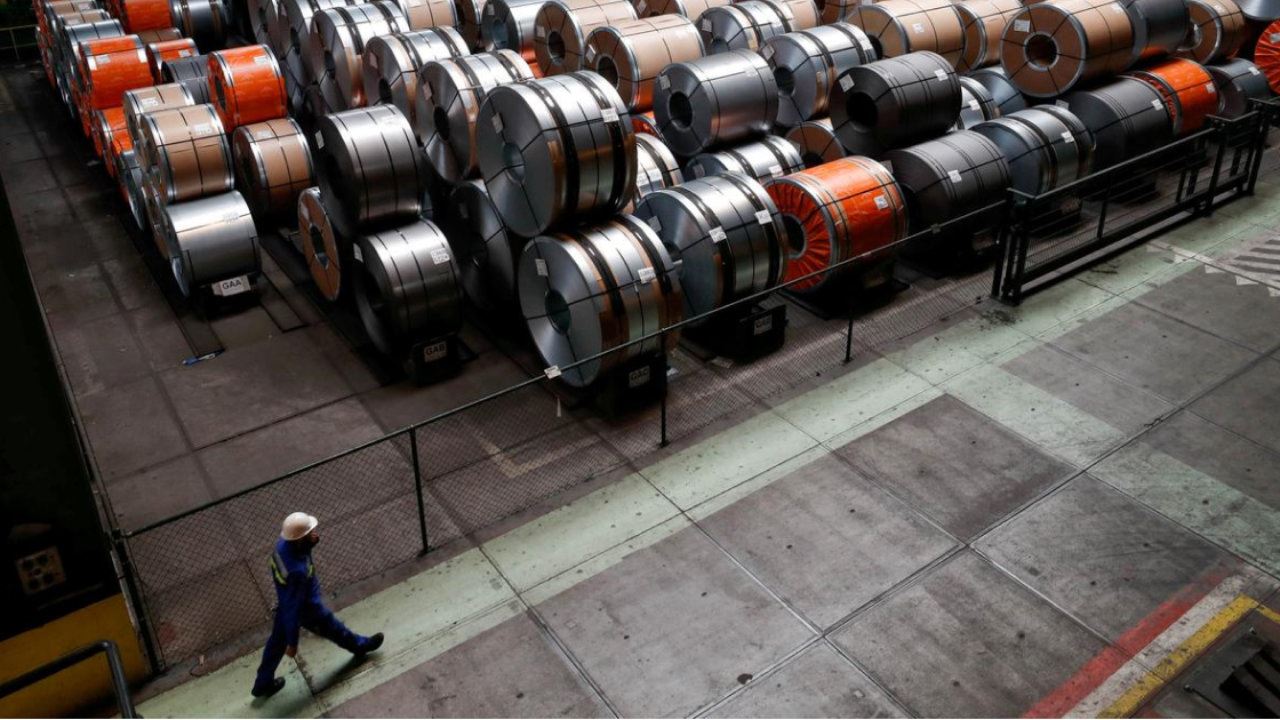

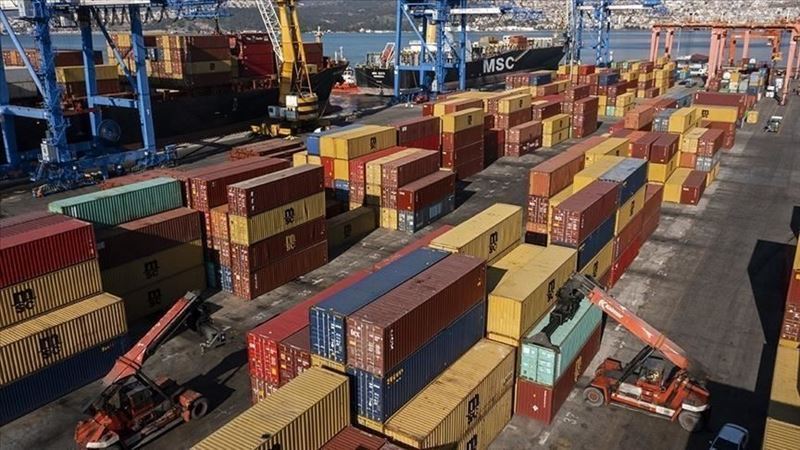
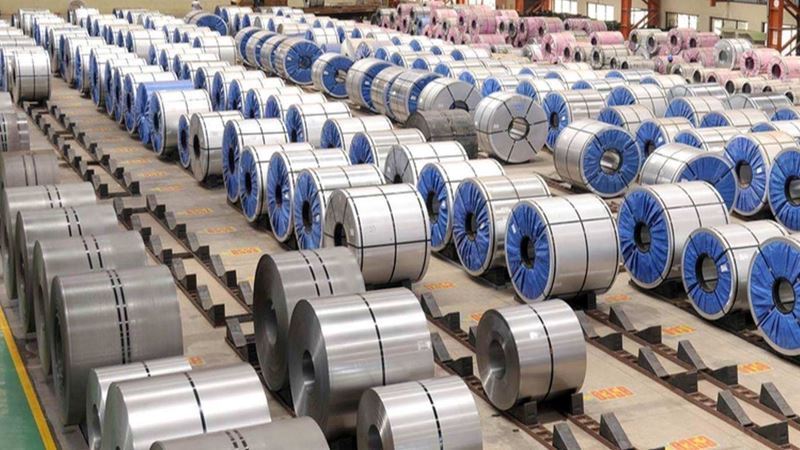
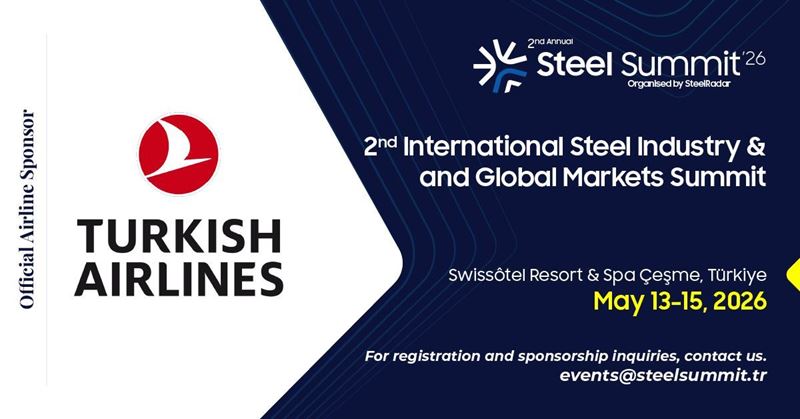
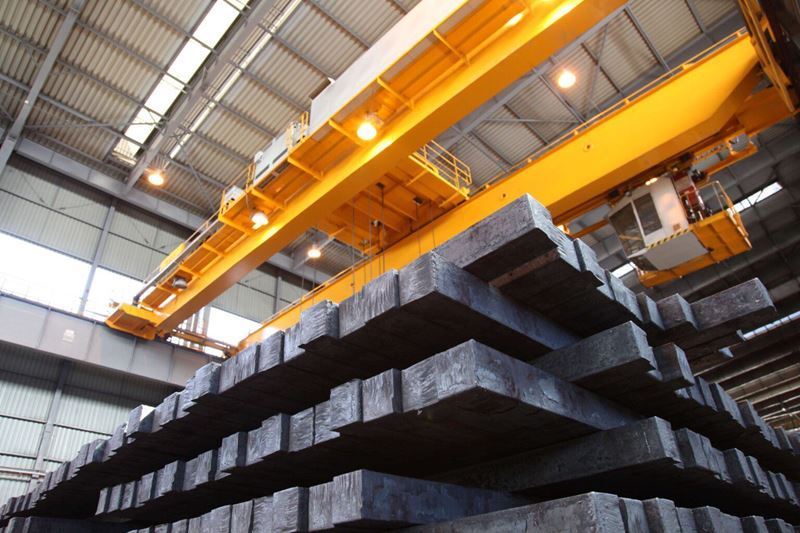
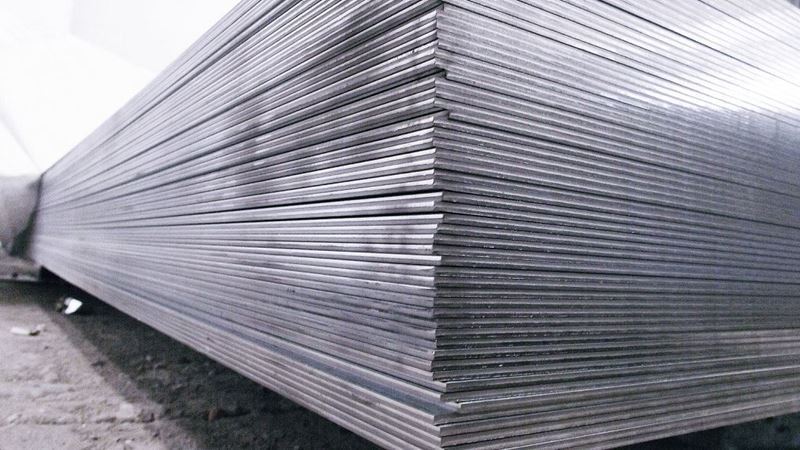


Comments
No comment yet.